News & Events
Julie Babineau, CEO, Odyssey House spoke at the ACHSM NSW Evening Forum
ACHSM NSW (Australasian College of Health Service Management) hosted an evening forum last night, Thursday 2 May 2019, featuring two inspiring leaders of not for profit organisations. Ms Carmel Tebbutt is CEO of the Mental Health Coordinating Council, peak body for community mental health organisations in NSW, and Ms Julie Babineau is the CEO of Odyssey House NSW.
There is a complex interplay between issues of mental health and addiction, and people’s health outcomes. Ms Babineau and Ms Tebbutt discussed changing patterns of treatment and the way that government, emergency services and support services interact with people who are in the midst of these issues before, during and after episodes of health care.
Drug use or withdrawal may result in mental health symptoms, exacerbate an existing mental illness, or occur as a consequence of the person trying to ‘self-medicate’ (e.g., drinking in excess to overcome social anxiety). It is not uncommon for people struggling with psychological distress to develop a problem with substances as a result of repeatedly using them to manage their mental health symptoms. This may lead to dangerously heavy use as people find using the substance reinforcing (due to the temporary relief they provide), will likely increase the frequency and quantity of their use, and build a progressively increasing level of tolerance to the substance. Once a mental health and substance use disorder co-occur, the relationship between the two is one of mutual influence, with one contributing to and maintaining the other.
The prevalence of this issue is reflected in the 2016 National Drug Strategy Household Survey, which reported that 26.5% of illicit drug users had been diagnosed with or treated for a mental illness. The report also specified increases in co-occurring disorders among recent users of ecstasy (up 48% to 26.5%) and recent users of meth/amphetamines (up 46% to 42.3%). The potential harms associated with mental illness and problematic substance use may significantly hamper one’s functioning, having serious health, social, and financial consequences. Thus, co-occurring mental and substance use disorders pose a significant public health risk.
Despite the mutually influencing nature of co-occurring disorders and importance of simultaneously treating a person’s substance and mental health issues, treatment providers predominantly practice from single disorder treatment models. Historically, such services have approached clients’ presenting problems in sequence of disorder (based on which is considered primary) or delegated treatment across providers working on separate issues; however, integrated treatment has been found to offer optimal client outcomes. As with many health conditions, early intervention and support are key factors in mitigating symptoms and improving long-term health and social outcomes.
Our aim is to help people before their substance use problems and mental illness get to the stage of requiring intensive, long-term residential treatment. Odyssey House NSW provides a locally-based, professional safety net so affected people can regain their mental and physical health, get back on their feet, and live prosperous and fulfilling lives in the community.
To get help call 1800 397 739
